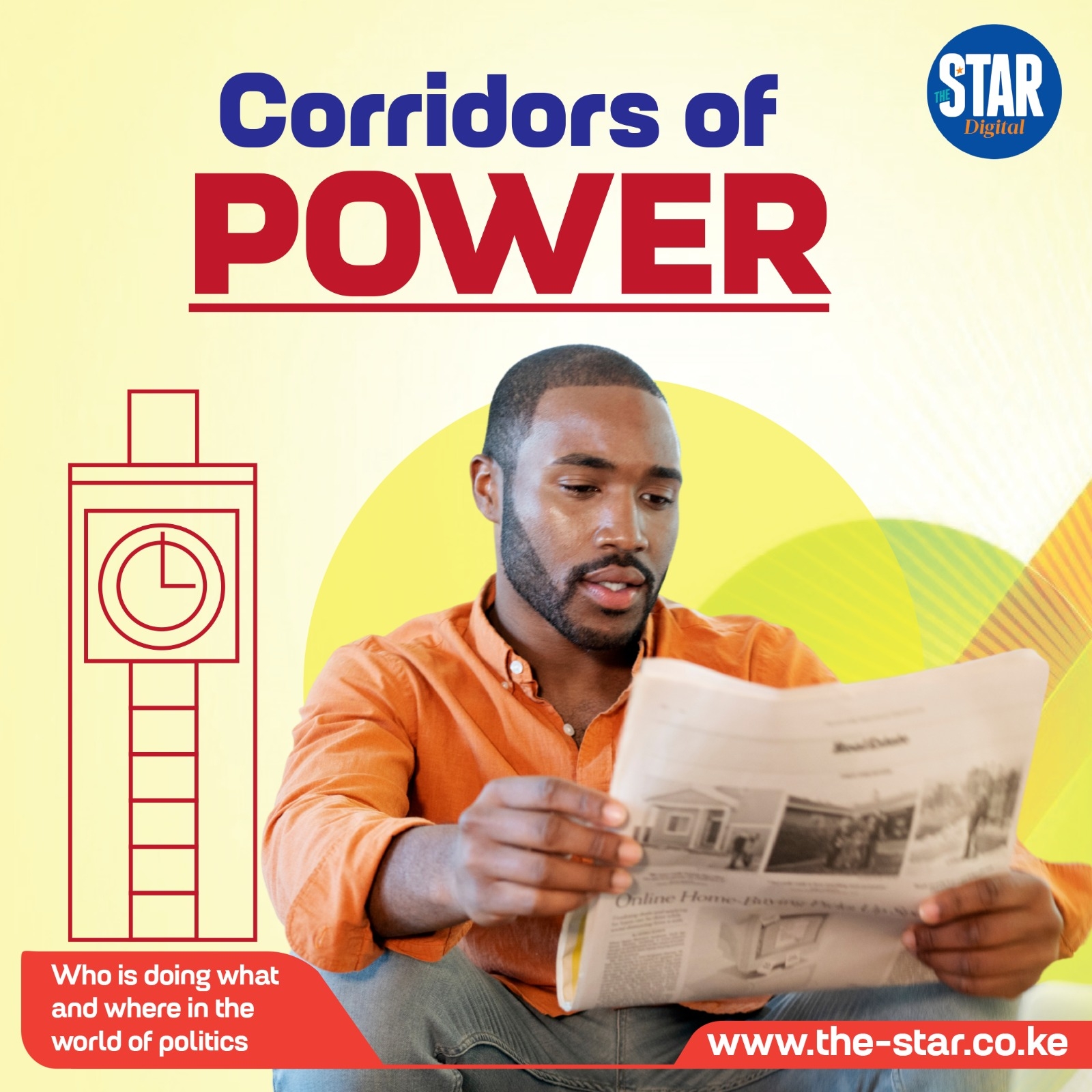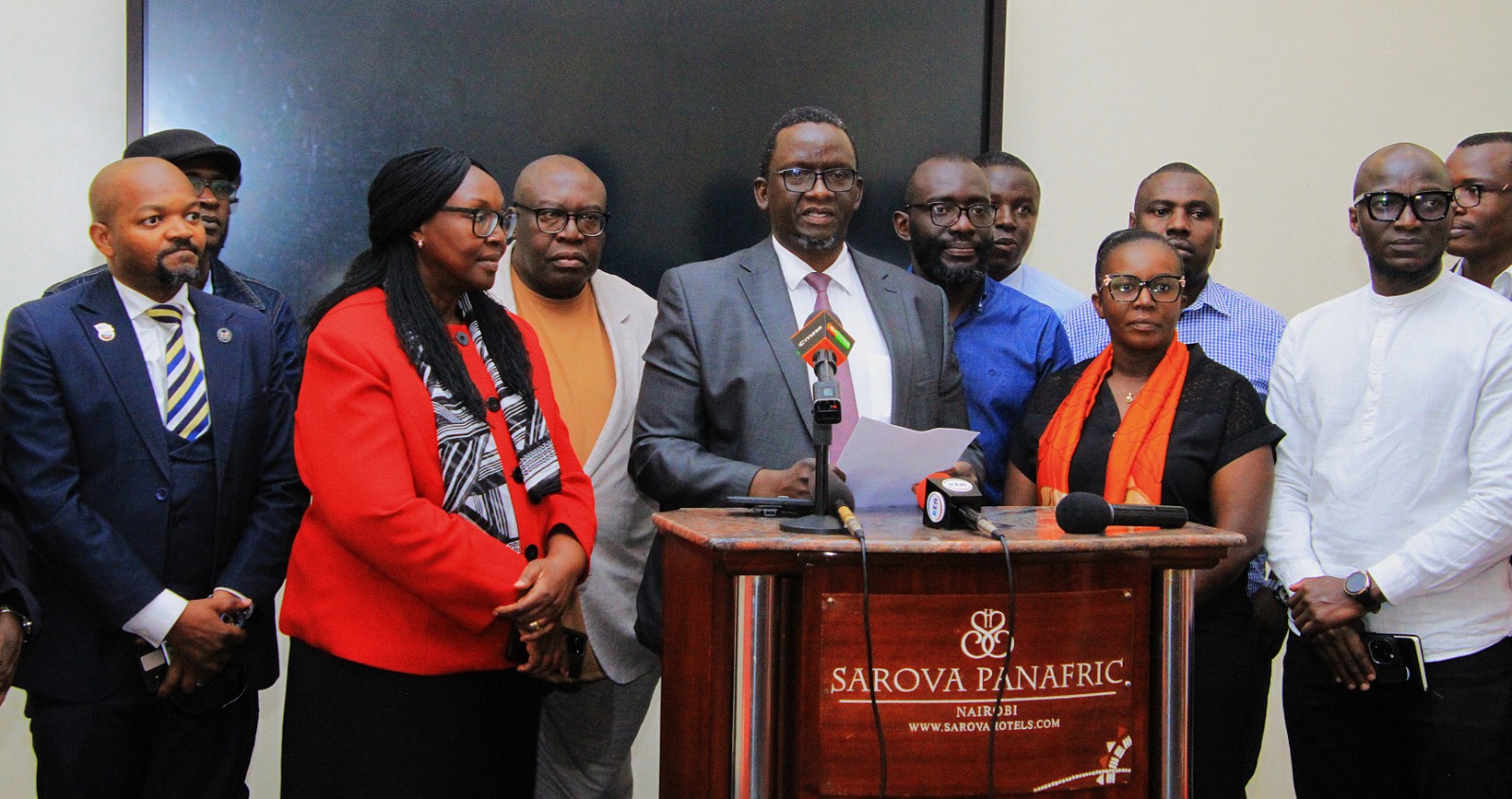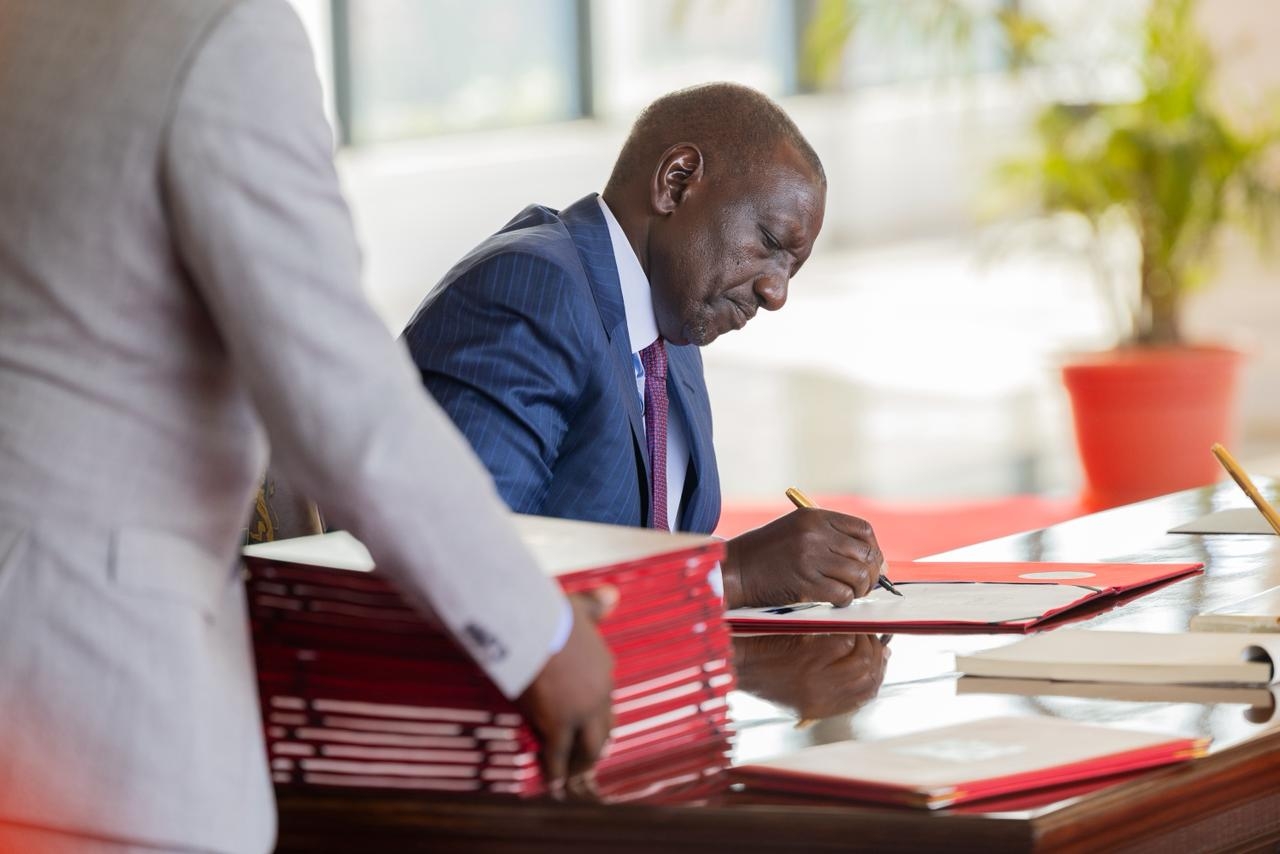I guess I miss sleeping four times a day. Back when my sleep schedule was someone else's responsibility.
If I recall correctly, the longest I’ve gone without sleep was 48 hours. No, I didn’t take too much caffeine. Neither was I working on something important. I was just stressed.
A couple of days later, I saw a psychiatrist at the Nanyuki Referral Hospital, who prescribed some antidepressants and sleep medications. After that, I slept for nine hours straight. I woke up well rested, and for a while, my life seemed easy.
Before this, I had slept soundly at the TumuTumu Mission Hospital while receiving treatment for pneumonia. It is sad to actually have never slept soundly without the help of medical assistance.
Insomnia, as I like to define it, is the inability to fall asleep, or have trouble staying asleep. After talking to different people, I have realised that insomnia manifests itself in different ways.
Some people may have trouble falling asleep (onset insomnia), others have trouble sleeping through the night (sleep maintenance), others have trouble falling asleep and staying asleep (mixed insomnia), and others feel like they don’t sleep enough (paradoxical insomnia).
My psychiatrist, and of course, Aunty Google, termed my insomnia a combination of primary and secondary insomnia. As a child, I spent most of my nights receiving Ventolin shots to help ease my congested chest. I recall all the trips to the hospital.
I recall wheezing, my mum crying, a couple of neighbours with me and other kids getting the same injections. After the injections, I would sleep soundly. Secondary insomnia is insomnia caused by factors including ailments, medications, ADHD, pregnancy, PMS, menopause, depression, anxiety and substance abuse.
Insomnia may result in mental health conditions, such as depression and anxiety, slow reaction time, resulting in accidents, low performance and worsening ailments, such as high blood pressure and heart disease
UNCONDITIONAL NIGHTMARE
I developed primary insomnia, defined as ‘insomnia that is not linked to any other health condition’, in 2020. I’d go to sleep at 3am and rise at 7am.
I tried everything to combat it. I worked out, took warm baths before bed, ate two hours before bedtime, and reduced caffeine and sugar intake, but nothing helped. Three months of this struggle led me to Nanyuki Referral Hospital. For two years, on and off, my sleep was heavily dependent on sleeping pills.
Primary insomnia can be caused by genetics as well as changes in the environment, such as temperature, noise and light. Stressful situations, such as the loss of a loved one, poor sleeping habits, changes in one’s life, such as the loss of a job, or changes in job shifts, also trigger primary insomnia.
The other day, my friend Moses and I were having a conversation on our shared hatred for Nairobi City. The noise, the heat, the crowds and the unkindness repel us. We concluded that people in Nairobi probably need to rest.
Have you ever operated on little to no sleep? Everyone seems ugly and out to get you, right? And to protect yourself, you end up being rude before they attack you, right?
Sleep deprivation, no matter how small, has significant effects on our day-to-day lives. Insomnia may result in mental health conditions, such as depression and anxiety, slow reaction time, resulting in accidents, low performance and worsening ailments, such as high blood pressure and heart disease.
So, how am I remedying this, given that I have one week of PMS, and I am genetically prone to insomnia, asthma and stress?
The two years I was on and off sleeping pills helped me adjust my life and, at least, sleep for five hours straight. I still struggle to fall asleep and wake up twice at night, but this is better than no sleep, right?
SIX TIPS
From my experience, below are six ways I learned to manage living with insomnia.
1. CALMING THE MIND
Had I not learned to journal, to let the thoughts come and go, and to count myself to sleep, then I bet I would be spending the first two hours of my sleep thinking.
I have a lot to think about: goals to accomplish, people to call or text, and places I should visit. By learning to just be quiet, I found it easier to fall asleep. The thoughts manifest in my dreams, but at least I’m sleeping.
I’m learning to silence my thoughts by meditating and allocating time to overthink. Every day, I set aside 10-30 minutes to let my thoughts run wild. I pay attention to the recurring thoughts and investigate them.
As for meditating, I find body scan meditations to be helpful. I particularly like this 10-minute mindfulness meditation. As it’s a guided meditation, whenever my mind wanders, I have a soothing voice to bring me back to the moment.
I also avoid overthinking by counting backward. When I first started, I’d count from a hundred and before I knew it, I’d fall asleep. Now, let's just say my problems are bigger, so bigger numbers do the trick. I now count from a thousand and, the last time I checked, I fell asleep at 700.
2. BEVERAGES
Recently, TikTok girlies have been sharing their sleep mocktail recipes. And, although I’d love to romanticise my life like that, I cannot afford magnesium.
Nonetheless, I’m collecting mugs (not the cute glasses the mocktails are served in). I can afford chamomile tea. According to the online aunties, chamomile tea helps calm and soothe one's thoughts.
For the past year, I have been taking chamomile tea. I can’t test its effectiveness, but I think that adding this little ritual to my nighttime routine signals to my brain that it’s time.
Have you watched Bridgerton? In Season One, Daphnee wanders at night to get warm milk as she’s having trouble sleeping. Warm milk did put me to sleep a while back. But an aunty on X advised us to add cinnamon and honey to the warm milk. I can attest that it actually works. Placebo effect or not, I just want to sleep.
3. NIGHT-TIME ROUTINES
The past week, I’ve found myself binge-watching and binge-reading night-time routines. My night-time routine back then looked something like this: stretch, eat, shower, light a scented candle, drink chamomile tea as I journal, then count myself to sleep. I was smashing those sleep goals.
My current night-time routine looks a little like this: cook, argue with my brother, shower, argue with my brother, scroll, force my brother to go to bed, struggle to meditate, adjust my pillow three times, then hopefully fall asleep.
I’m not proud, and I think I’m writing this to remind myself that once upon a time, I would sleep well, and also because Keith asked me why I always respond to text messages at 3am. Man, insomnia!
4. SCENTS
Again, the TikTok girlies are sharing their night-time bath routines. Most seem to prefer Dr Teal's Body Wash. When I had my sh*t together, I used Dove Lavender body wash and soaked my beddings in lavender-scented fabric softener. I would also drizzle a drop or two of lavender essential oil on my pillowcases.
For my night-time routine, my scent of choice was either vanilla and cinnamon-scented candles or eucalyptus-scented candles. The eucalyptus scent helps decongest my chest, making it easier to fall asleep without turning to find my inhaler.
5. DRUGS
When I say drugs, you do know that I mean drugs drugs and not drugs? If you are prone to addiction, sit this one out. I recently found out that a little, just a little glass of wine, would knock me out. Just for six hours but at least I slept.
I also found marijuana to work miracles. One or three puffs and I end up sleeping so well. I do not have access to drugs at the moment, so I have to face my sleep woes head-on.
6. WORKOUT
One of the night routines I’ve been watching is that of a toddler. The mum said that, to get her baby to sleep through the night, she wears the baby out.
Therefore, I think that moving your body makes you tired enough to fall asleep. I must insist that I mean physical exhaustion. Mental and emotional exhaustion results in me having trouble falling asleep.
I’m prone to not being consistent with my workout, and I don’t want to make promises I won’t fulfill. Catch me on a yoga mat, I guess?
See you on the other end of peaceful nights!
















